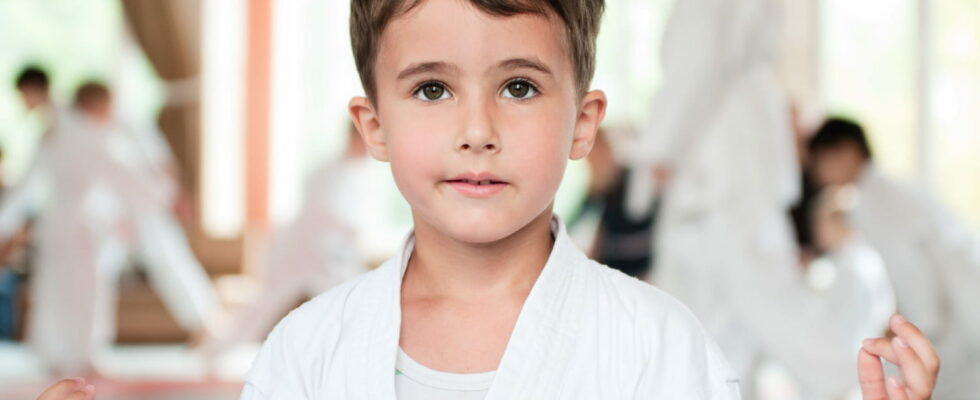Extracurricular activities have many benefits for children. As long as you don’t overdo it. Dr. Stéphane Clerget, a child psychiatrist, believes that you should not enroll your child in more than…
An extracurricular activity is a scheduled, regular and supervised activity with an educational dimension. Dance, judo, swimming, piano… The list can quickly grow, at the risk of overloading our children’s schedules. The risk? Exhausting them morally and physically. Dr. Stéphane Clerget, child psychiatrist, author of l’intelligence spirituelle de votre enfant (Éd. Leduc), reveals the number of extracurricular activities not to exceed per week for the well-being of children.
Practicing a school activity helps develop skills in an area: creativity, physical health, sociability and self-confidence. Some children have difficulty creating bonds at school, whereas in a sports activity where they are more efficient and more confident, they will develop friendly bonds more easily. They find children who have the same interests as them. This also promotes cognitive and emotional development.
In practice, Dr. Stéphane Clerget recommends not exceeding two extra-curricular activities per week. “Beyond that, it often goes hand in hand with an oppressive family environment, parental stress which conveys performance anxiety. This is detrimental to the child and their academic success.“, warns the child psychiatrist. Conversely, too few extra-curricular activities can be a sign of a
lack of stimulation from the family environment, according to our specialist. “Some children are jacks of all trades and develop very well by changing activities every year, they simply do not want to be perfectionists in one area, but develop different skills and pleasures. Forcing a child to continue an activity that he has started is a mistake,” he explains.
On the other hand, not offering any extra-curricular activities to a child who has difficulties at school is a mistake, the specialist explains to us.“Twice an hour is not going to stop him from succeeding at school, especially because he can gain self-confidence by succeeding elsewhere than at school,” he argues. However, he is keen to point out that extra-curricular activities should not prevent informal activities such as going for a walk, going outside to play, etc. Activities do not necessarily have to be supervised all the time.
